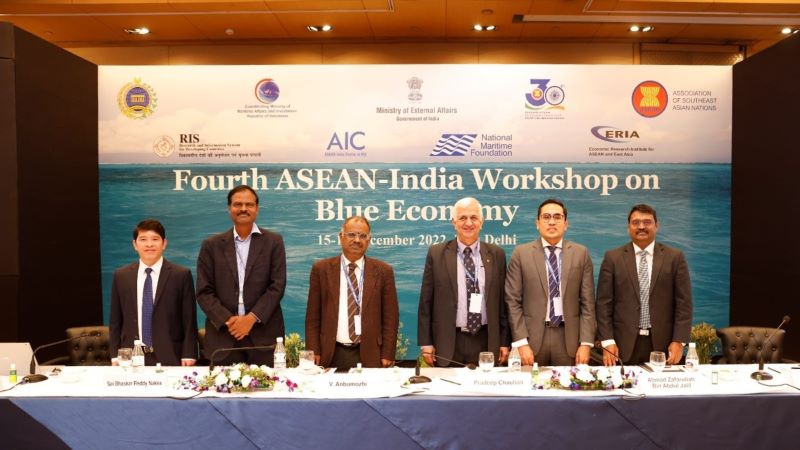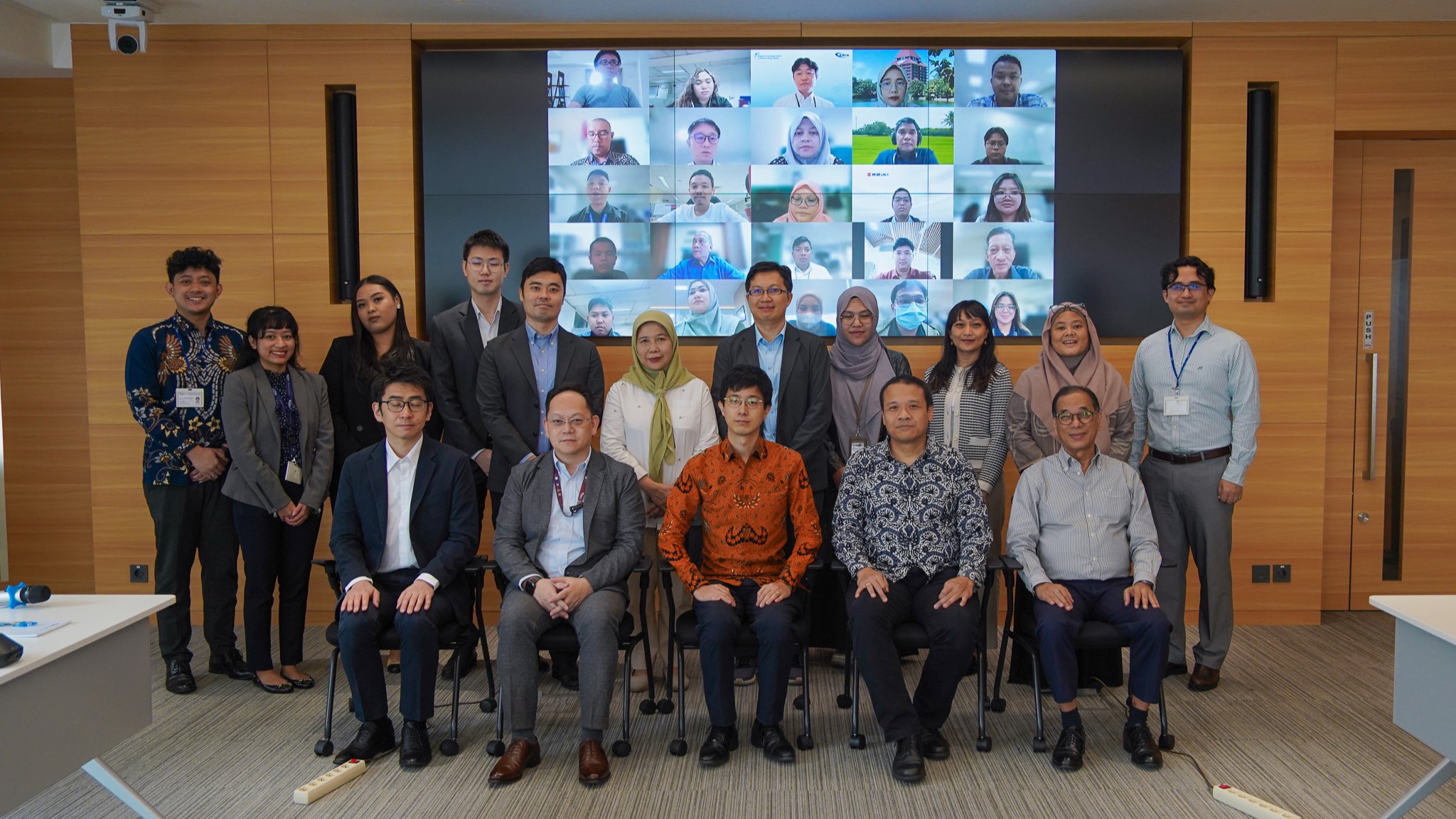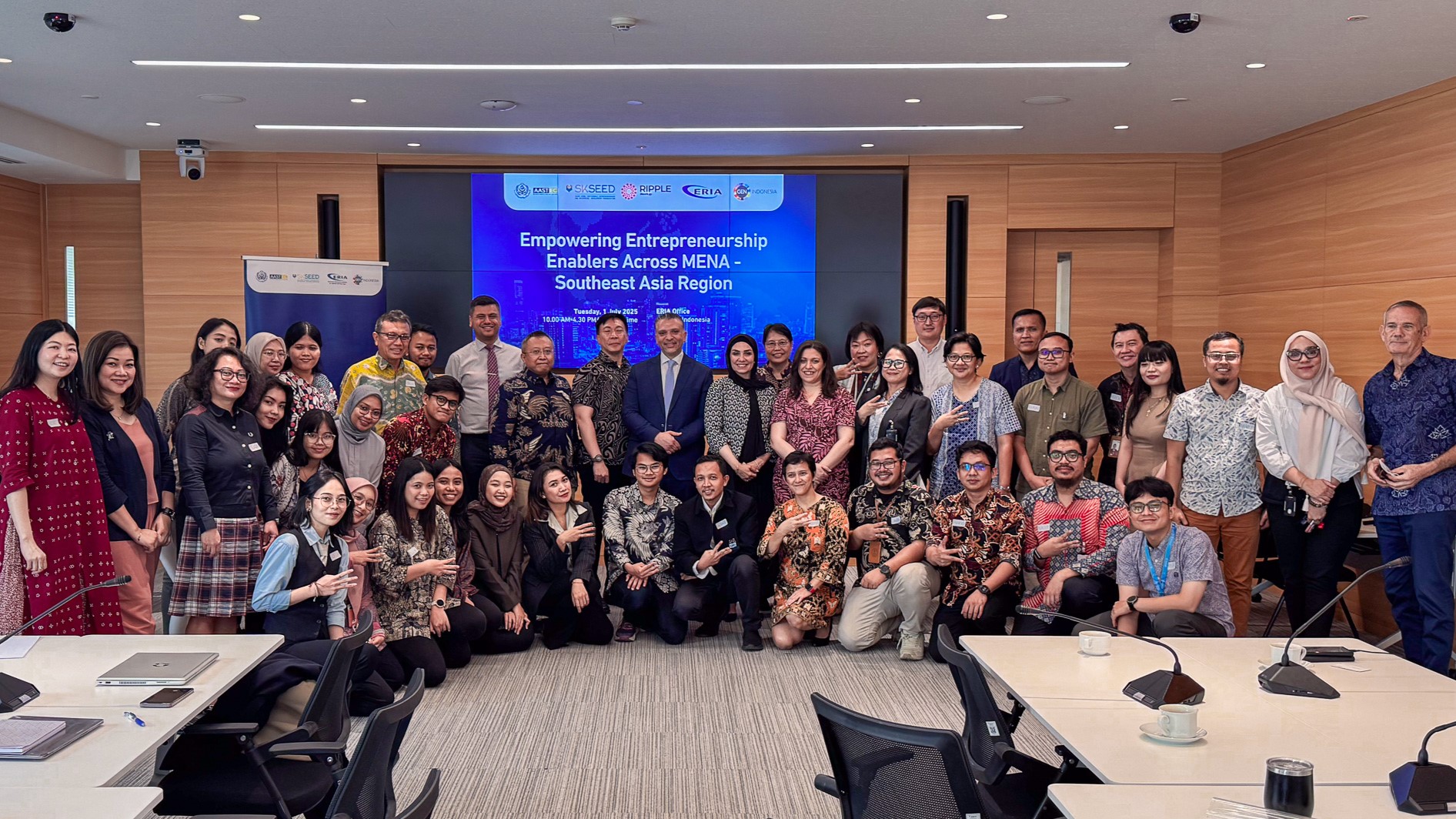Fourth ASEAN-India Workshop Focuses on Blue Economy
Date:
15 December 2022Category:
NewsTopics:
Environment, India, Marine plastic debrisShare Article:
Print Article:
New Delhi, 15–16 December 2022: Blue economy or the sustainable use of ocean resources for economic growth, improved livelihood, and job generation whilst preserving the health of the ocean ecosystem was the focus of the 4th ASEAN–India Workshop on the ‘Blue Economy’, held in New Delhi on 15–16 December 2022. The principles of this multifaceted and cross-cutting concept that involves all three pillars of the ASEAN Community were first affirmed through the ASEAN Leaders’ Declaration on the Blue Economy during the 38th ASEAN Summit on 26 October 2021. The workshop was organised by India’s Ministry of External Affairs and Ministry of Maritime Affairs and Investment, and Indonesia’s Ministry of Foreign Affairs. They collaborated with the ASEAN–India Centre, the National Maritime Foundation, and the Economic Research Institute for ASEAN (ERIA). The workshop was in furtherance of the vision of the leaders of ASEAN and India, and in recognition of the emergence of the blue economy as a subject of sharp and sustained focus in the international discourse on maritime affairs. Blue economy encompasses activities such as fisheries, renewable energy, tourism, maritime transport, and waste management.
The workshop had four sessions, each featuring two experts from India and two from ASEAN countries. They discussed strategies for the sustainable harnessing of marine resources and adoption of emerging economic opportunities.
During the session on Sustainable Harnessing of Marine Resources, Dr Venkatachalam Anbumozhi, ERIA’s Director of Research Strategy and Innovation, elaborated on existing and emerging technologies that can be utilised to advance the sustainable use of marine resources. He explained how to ensure the sustainability of the blue economy, including the application of practical and innovative approaches such as bio, circular, and low-carbon economy. The session discussed how achieving the targets of Sustainable Development Goal 14 would lay a strong foundation for the blue economy, and what key actions were needed to accomplish a regional, comprehensive blue growth strategy.
After introducing the main activities of the ERIA Knowledge Centre on Marine Debris and the need for an integrated policy approach, Dr Anbumozhi moderated the session on Combating Marine Debris. It discussed how marine debris threatens ecosystems, affects public health, and negatively impacts fisheries and tourism. Participants discussed the amount of plastic waste that has accumulated in oceans and marine ecosystems and has alarmed the public and policymakers. They examined the progress made under the ASEAN Framework of Action on Combatting Marine Plastic Debris, the Regional Plan of Action for Combating Marine Debris in the ASEAN, and the East Asian Summit Leaders Statement on Combatting Marine Plastic. They shared emerging knowledge and experiences of using digital technologies to quantify and track marine litter and monitor leakages in the selected ecosystems, and the challenges in implementing the Extended Producer Responsibility.
The session on Promoting Coastal and Marine Tourism highlighted the key challenges and issues of maritime tourism and sought to provide a framework for strengthening coastal and marine tourism in the post–COVID-19 era. The discussants agreed that marine tourism is of critical importance for deepening regional and global trade in the context of the blue economy and that the development of sustainable coastal and marine tourism would open significant opportunities to develop coastal regions and unlock the vast trade potential between ASEAN and India. They said deeper tourism will greatly aid Indo-Pacific economies. The session identified capacity-building activities that can be undertaken jointly by ASEAN and India to enhance sustainable and ecologically sensitive coastal and marine tourism.
The session on Sustainable Maritime Connectivity deliberated the fundamental elements of connectivity, such as ports where it is sought to be maintained; the medium through which it must flow, such as riverine and open-sea stretches; physical connectivity of ships and digital platforms used to connect the ports; and entity-specific merchandise goods, people, data, and others. The presenters and discussants agreed that the ‘blueing’ of all four elements is a critical facet of attaining and accelerating blue growth in ASEAN and India.
The workshop provided several recommendations in support of the ASEAN–India partnership. For sustainable and productive marine resources, governments should implement a regional maritime area management system and establish an endowment fund with the private sector. Concrete and coordinated actions are required to reduce marine plastic debris such as imposing minimum recycled content requirements on selected products and extending the ban on products that cannot be recycled. Improved measures to manage visitor flow to popular coastal destinations could include establishing standards and guidelines for sustainable tourism. To inform new tourism investment and policy decision on connectivity, governments can build on efforts to improve data and measurement of ecosystem services such as carbon storage, biodiversity habitat, and storm surge protection. Continued investment in skills, institutions, infrastructure, and services was recommended as broader actions in the short and medium term under ASEAN–India partnership.

.jpg)






